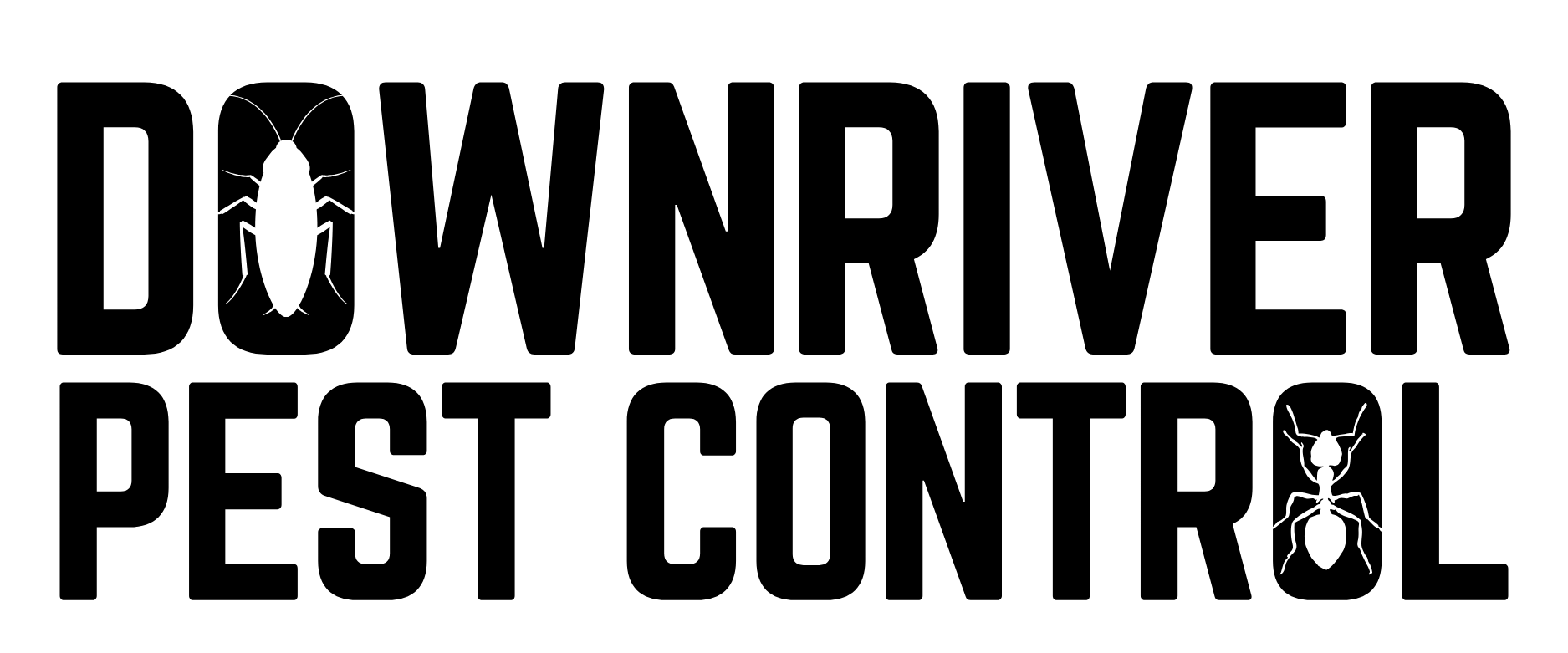
ANTS
Contact Us
Ant Facts
- Ant Diversity: There are over 12,000 known species of ants, and they can be found on every continent except Antarctica.
- Super Organisms: Ant colonies are often referred to as "superorganisms" because they function as a single entity with each ant playing a specific role in the colony.
- Strength in Numbers: Some ant colonies can contain millions of individual ants, making them one of the most numerous species on Earth.
- Ants vs. Humans: If you were to combine the total weight of all the ants on Earth, it would be roughly equal to or even greater than the total weight of all humans.
- Tiny Powerhouses: Ants are incredibly strong relative to their size. They can carry objects that are 50 times their own body weight.
- Communication: Ants communicate primarily through pheromones, chemical signals that convey information about food sources, danger, and more.
- Ant Lifespan: The lifespan of an individual ant varies by species, but worker ants typically live for several months to a few years, while queens can live for decades.
- Castes: Ant colonies consist of different castes, including workers, soldiers, and reproductive ants (queens and males), each with specific roles and responsibilities.
- Agricultural Ants: Some ant species are known to practice agriculture. They cultivate fungus within their nests by providing it with leaves, flowers, or other organic matter, which they then eat.
- Ant Architecture: Ants are skilled builders and can create intricate nests using materials such as soil, sand, or leaves, depending on the species.
- Diverse Diet: Ants are omnivorous and eat a wide range of foods, including nectar, other insects, fruits, and even dead animals.
- Navigation: Ants are excellent navigators and can find their way back to the nest using visual landmarks, the position of the sun, and an internal "map" based on their previous movements.
- Hibernation: In colder climates, some ant species hibernate during the winter months, reducing their activity and conserving energy.
- Venomous Stings: While not all ants are capable of stinging, some species have painful and venomous stings. These stings are primarily used for defense.
- Ants in Space: Ants have been sent into space to study their behavior in microgravity, providing insights into their social structure and communication.
- Ecological Importance: Ants play a crucial role in ecosystems as scavengers, predators, and seed dispersers. They help control insect populations and contribute to soil aeration.
- Ants and Plants: Some plants have evolved mutualistic relationships with ants. These plants provide food and shelter to ants in exchange for protection against herbivores.
- Ant Mimicry: Some insects have evolved to mimic ants to avoid predation. This phenomenon is known as myrmecomorphy.
- Ant Social Parasites: Some ant species are social parasites, infiltrating the colonies of other ant species and exploiting their resources.
- Ants in Culture: Ants have been featured in folklore, literature, and art in various cultures around the world, often symbolizing industriousness and teamwork.
These ant facts highlight the fascinating world of these tiny but highly organized insects and their significant impact on ecosystems and human culture.
How To Prevent Ants In Your Home.
- Keep Food Sealed and Stored:
- Store all food items, especially sweets and sugary products, in airtight containers.
- Clean up food and drink spills promptly.
- Clean Thoroughly:
- Regularly clean countertops, tables, and floors to remove crumbs and food residue.
- Don't forget to clean under appliances and in hard-to-reach areas.
- Dispose of Garbage Properly:
- Use sealed trash cans and empty them regularly.
- Rinse recyclables before putting them in recycling bins.
- Seal Entry Points:
- Seal cracks and gaps in doors, windows, and walls to prevent ants from entering.
- Check for openings around utility pipes and seal them with caulk.
- Trim Vegetation and Trees:
- Trim tree branches and shrubs away from your home to prevent ant highways into your property.
- Pet Food Management:
- Don't leave pet food out for extended periods; feed pets at designated times and remove uneaten food.
- Use Ant Deterrents:
- Use natural ant repellents like vinegar, citrus peels, or essential oils (e.g., peppermint) around entry points.
- Commercial ant baits and traps can also be effective.
- Keep Surfaces Dry:
- Fix any leaks promptly to prevent water sources that attract ants.
- Wipe down sinks and other wet areas regularly.
- Regularly Inspect and Maintain:
- Periodically inspect your home for signs of ant infestations.
- Address any issues promptly to prevent them from worsening.
- Consult Professionals:
- If you have a severe ant infestation that you can't control, consider hiring a pest control professional for effective treatment.
Common Michigan Ants
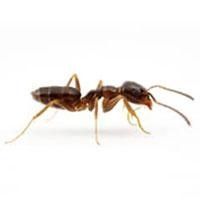
Odorous House Ants
(Tiny brown ants)
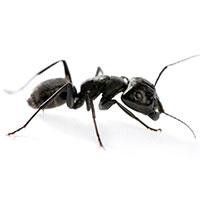
Carpenter Ant
(Usually red, black or a combination)
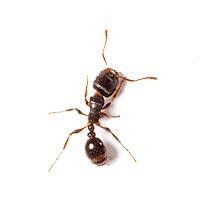
Pavement Ant
(Dark brown to black)
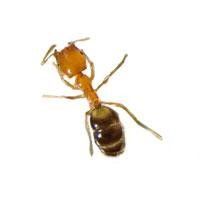
Pharaoh Ant
(Small yellow or light brown, almost transparent)
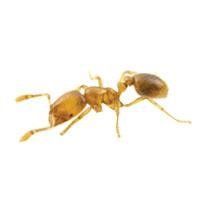
Thief Ant
(Very small pale yellowish to light or dark brown)
